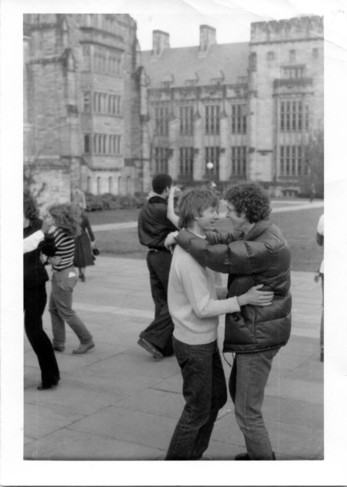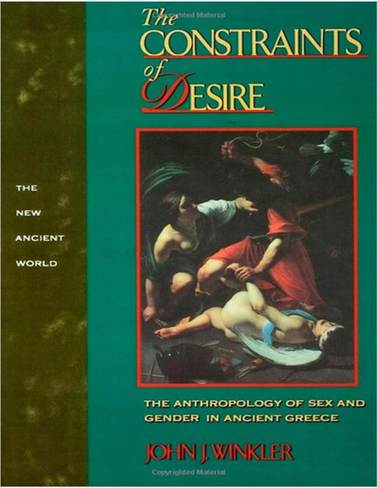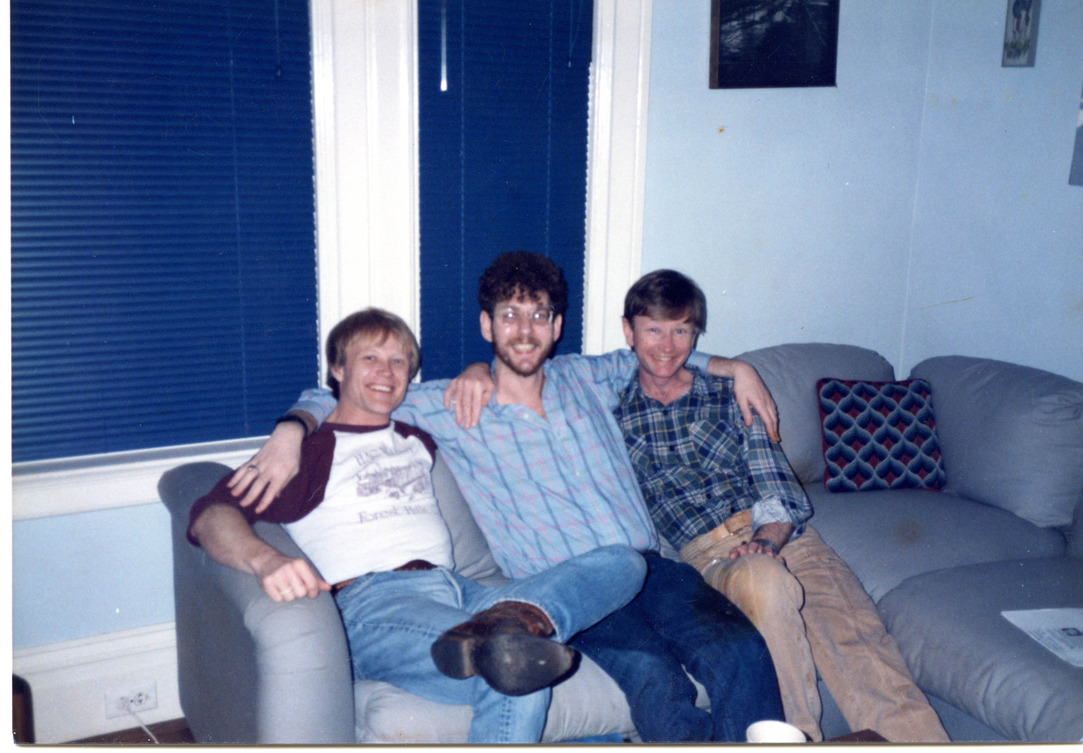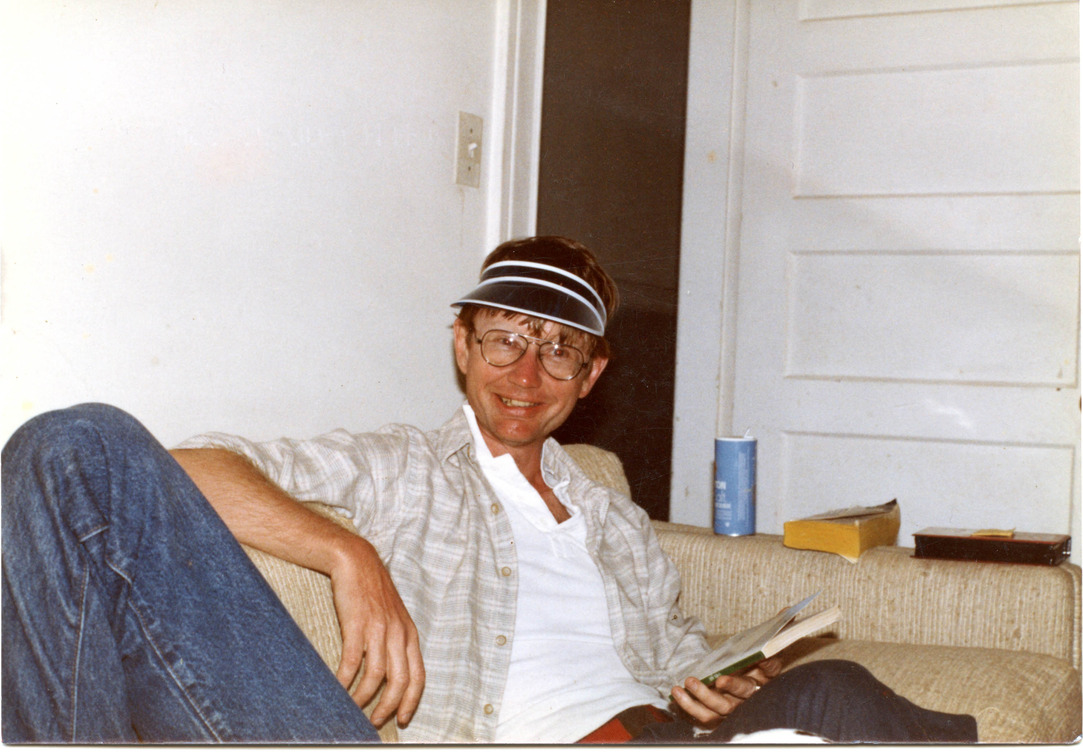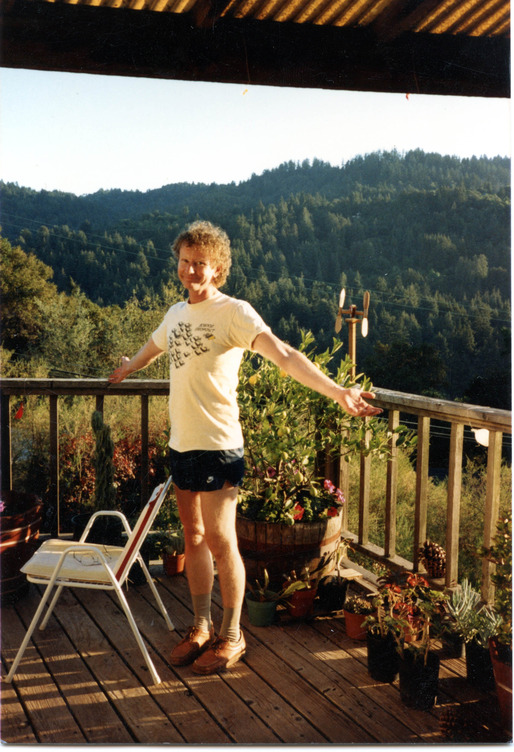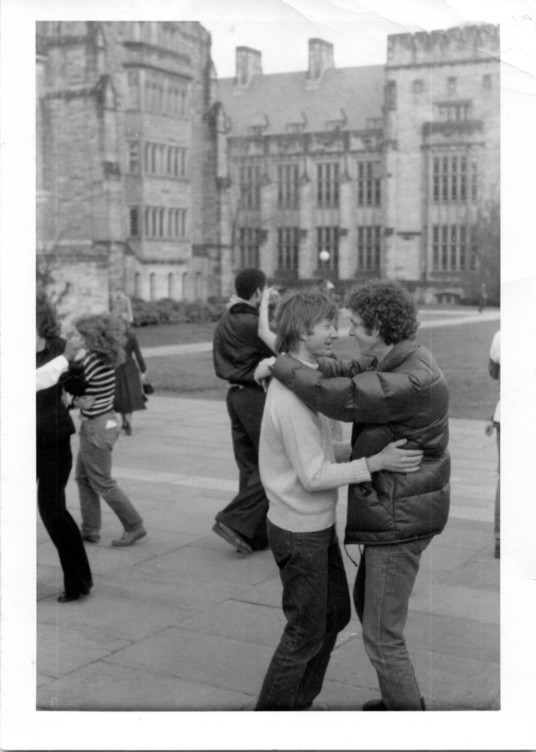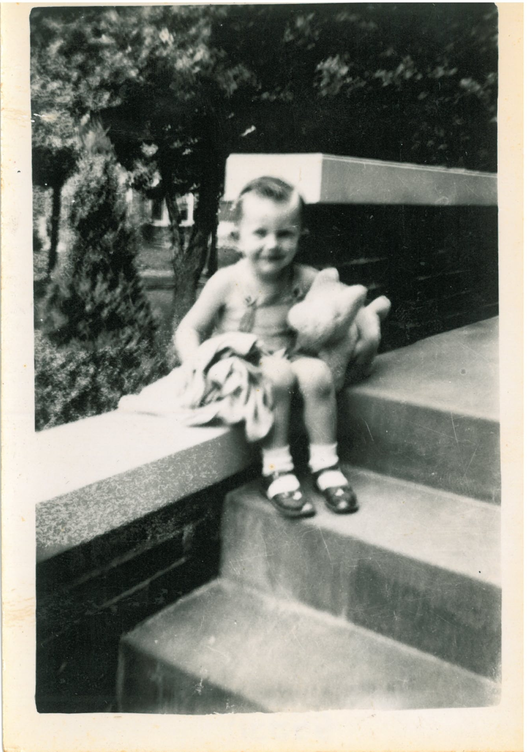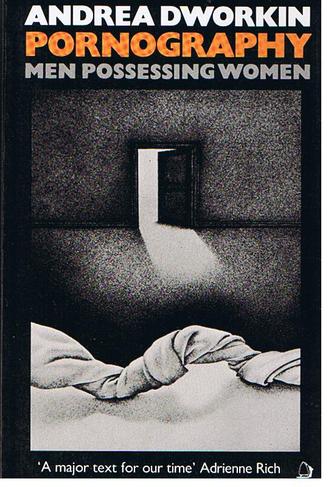

I.
-
- Poet
- Artist
- Architect
- Writer
- Journalist
- Musician
- Professor
- Philanthropist
- Banker
- Activist
- Lawyer
- Accountant
- Teacher
- Playwright
- City Planner
- Scholar
- Art Historian
- Museum Administrator
- Psychologist
- Administrator
- Diplomat
- Doctor
- Graphic Designer
- Ecologist
- Dramatic Literature
- Administrative Director
- Director
- Director of Development
- Consultant
- Interior Designer
- Publisher
- Financial Officer
- Composer
-
- Spizzwinks(?)
- Co-op
- Class Poet
- Scholar of the House
- Volleyball
- Elihu
- Phi Beta Kappa
- Yale Literary Magazine
- Yale Daily News
- Gay Alliance
- Summa Cum Laude
- Whiffenpoofs
- Russian Chorus
- Tutoring
- Skull and Bones
- Yale Political Union
- Dwight Hall
- Pi Sigma Alpha
- Silliman Chorus
- Yale Glee Club
- Book and Snake
- Yale-in-China Association
- Yale College Dramat
- Aurelian Honor Society
- Swim Team
- The Criterion Board
- The George Orwell Forum
- The Yale College Democrats
- Saybrook Dramat
- Gymna
- Gymnastics
- Cheerleading Team
- Yale College Council
- Yale Political Union
- Key Society
- Elizabethan Club
- Yale Episcopal Society Student Committee
- Manuscript
- Phi Beta Kappa
- Basketball
John “Jack” J. Winkler was a classical scholar, queer theorist, and political activist who taught at Yale and Stanford and published prolifically until his death at age 46.
Born in St. Louis, Missouri, on August 11, 1943, Jack attended a Jesuit high school, where he first learned Greek. From 1960 to 1963, he studied at St. Louis University, another Jesuit institution. Upon graduating, he joined the Benedictine religious order, living first at St. Lawrence’s Abbey in Ampleforth, England, and then continuing at the St. Louis priory. In 1970, Jack left the Benedictines and decided to pursue a career in classics. In 1974, he earned his PhD from The University of Texas.
For the next five years, Jack taught classics at Yale, where he became an advocate for feminist, gay, and minority causes. He helped to found the women’s studies program, openly supported the Gay Alliance at Yale, and co-produced an LGBT-themed radio show called “Come Out Tonight.” In 1977, Jack was the sole faculty member to help organize Yale’s first Gay Rights Week. That same year, Jack was the only male and only faculty member to join a class-action lawsuit brought by women students against the University for its tolerance of sexual harassment of students by faculty. Jack, who was advising another plaintiff on her thesis, wrote that an “atmosphere of distrust” of male professors had undermined his own teaching efforts.
In 1979, Jack left Yale for Stanford, where he continued to be a leading voice for gay students and faculty.
In August of 1987, Jack was diagnosed with AIDS; he announced a two-year sabbatical. Knowing his time was limited, he worked at an intensified pace, co-editing essay collections, translating fragments from Greek novels, and publishing his most influential work, Constraints of Desire: The Anthropology of Sex and Gender in Ancient Greece.
Jack passed away on April 25, 1990 in Palo Alto.
III.
Jack was a collector. For his comic book collection, he begged dimes off our mother, and those dimes helped furnish a room—locked, of course—full of his favorites. Unbeknownst to Jack, our sister was able to bypass his lock by taking the hinges off the door. Everyone was happy as long as the hinge-removal remained a secret.
Jack also collected animals. Here, there was considerable turnover. Fish went fast and furious in our house, either landing on the floor, floating stiff at the top of tanks, or disappearing entirely amid suspicious smiles on rival fish. Then there were turtles, an alligator, a raven, and a dog.
In high school, many of the Jesuits took time with Jack individually to inform him that he would never enjoy marrying someone, like a woman, who could not be his intellectual equal. More than a decade passed before Jack realized the opposite.
As a Benedictine monk, Jack spent three years in northern England and the next four years as a teacher at the Priory High School in St. Louis. Ironically, as Jack noted, those years were the wealthiest of his life. The constant barrage of gifts like cashmere sweaters and coats provided a strange contrast with the monastery’s bare, closet-sized rooms and worn-out cassocks.
Jack’s vow of poverty continued throughout his life, in part owing to his inhibitions about speaking up for a decent salary. In graduate school, he could afford $50 per month for rent and $1 a day for food. As a professor, his furniture was drawn from Goodwill rejects; after his death, Goodwill once again rejected the furniture.
-
- Spizzwinks(?)
- Co-op
- Class Poet
- Scholar of the House
- Volleyball
- Elihu
- Phi Beta Kappa
- Yale Literary Magazine
- Yale Daily News
- Gay Alliance
- Summa Cum Laude
- Whiffenpoofs
- Russian Chorus
- Tutoring
- Skull and Bones
- Yale Political Union
- Dwight Hall
- Pi Sigma Alpha
- Silliman Chorus
- Yale Glee Club
- Book and Snake
- Yale-in-China Association
- Yale College Dramat
- Aurelian Honor Society
- Swim Team
- The Criterion Board
- The George Orwell Forum
- The Yale College Democrats
- Saybrook Dramat
- Gymna
- Gymnastics
- Cheerleading Team
- Yale College Council
- Yale Political Union
- Key Society
- Elizabethan Club
- Yale Episcopal Society Student Committee
- Manuscript
- Phi Beta Kappa
- Basketball
For squirrel monkeys, though, he found some funds. In graduate school in Austin, Texas, Jack built a cage around a small fruit tree to house eight females and one male. The distribution was sufficient to produce several more. In his interview for a job at Yale, he asked if housing would be a problem for the monkeys. Somehow, he found an apartment building willing to sign a lease allowing for “one dozen lowland South American primates.” The quiet monkeys hidden inside cardboard boxes raised no suspicions on move-in day, but the bales of hay were not part of Jack’s vegetarian diet.
Jack did have an adventurous period. Attending a conference in England, he slept in an abandoned building to be “hip” and wrote his conference paper on a park bench. With Mark Singer, Jack hitchhiked from New Haven to just three hours outside St. Louis, where they gave up waiting for another bizarre ride. His fourteen rides were provided by alcoholics, people with challenging mental states, undercover narcs, religious fanatics, and, in one case, teens escaping to a state that allowed marriage at a lower age. Thereafter, flying was his choice of transportation. He also had sexual adventures. At that time, though, all diseases were curable.
Jack came out to me by noting that he was going to a Gay Alliance meeting and then slamming the door. Later, when we talked, I told Jack that I had known his preference for four years. I told him I had known that Bob and Bill were his partners in Austin, and that our family’s own Gay Cousin Alliance was also aware of his preference. Jack said that he had had no partners at that point and was unsure of his sexuality until that year.
In the last eight months of Jack’s life, he almost died every other month, but we found time to celebrate his favorite things, like the best eighties horror films. Grossed out, I rented Beaches for Jack, only to discover that he had the same terminal heart virus depicted in the movie. Accepting death, we enjoyed life, and shockingly, the heart virus—that ailment, at least—disappeared.
-
- Spizzwinks(?)
- Co-op
- Class Poet
- Scholar of the House
- Volleyball
- Elihu
- Phi Beta Kappa
- Yale Literary Magazine
- Yale Daily News
- Gay Alliance
- Summa Cum Laude
- Whiffenpoofs
- Russian Chorus
- Tutoring
- Skull and Bones
- Yale Political Union
- Dwight Hall
- Pi Sigma Alpha
- Silliman Chorus
- Yale Glee Club
- Book and Snake
- Yale-in-China Association
- Yale College Dramat
- Aurelian Honor Society
- Swim Team
- The Criterion Board
- The George Orwell Forum
- The Yale College Democrats
- Saybrook Dramat
- Gymna
- Gymnastics
- Cheerleading Team
- Yale College Council
- Yale Political Union
- Key Society
- Elizabethan Club
- Yale Episcopal Society Student Committee
- Manuscript
- Phi Beta Kappa
- Basketball
The first time I met Jack was at a meeting of the Gay Alliance at Yale. The year was 1975, and I was terrified. I was a second year biology grad student in the process of coming out, and although I wasn’t a stranger to political groups, this meeting involved acknowledgement of and perhaps newfound membership in an alternative lifestyle—and a generally despised one at that. When I got to the meeting, though, I was put at ease by the eloquence of a soft-spoken, slightly effeminate man, whom I remember moving gracefully around the room with unusual calm and dignity, engaging everyone in conversation. The man made powerful arguments in support of women’s, gay, and civil rights and helped us all to realize we could not have one without the others. I was smitten.
We met for coffee. We talked. We argued. We danced at Partners. We made love. But our relationship could only go so far—Jack, too, was in the process of coming out, and he had a lot of baggage to sort through. Not many years before, he had been a monk.
In those days Jack was often on the picket lines—whether to support the Yale service workers’ strike, to protest a gay bar restricting entry to African-Americans, or to help protect a woman’s right to choose. Eventually, Jack became an atheist and embraced his sexuality. In 1976 he helped produce “Come Out Tonight,” an hour-long gay radio show broadcast every Sunday on WYBC. The show was the work of a dedicated group of about twenty people, both men from the Gay Alliance and women from Yalesbians. This was at a time when it was rare for the LGBT community to actually work together.
Jack read books for the blind. He was a vegetarian. He was a fan of Dr. Who and Mary Hartman, Mary Hartman. He had a mind that needed so much stimulation he was incapable of watching a single channel and instead preferred to surf continuously and watch three shows at the same time. He was also the only faculty member that helped put together the first Gay Rights Week at Yale, the first event of its kind at any university. The week ended with a dance in front of the library. For most Yalies, it was their first time seeing same-sex couples dancing.
In 1979, we continued our lives together in the San Francisco Bay Area. I was at UCSF and lived with my now husband Bob Schwartz; Jack was at Stanford and lived with his partner David Braaten. In 1986, Bob was having a birthday party and Jack came exhausted and needed to lie down. I remember telling him he was working too hard. He told us he had thrush and had just been tested. Two weeks later a diagnosis was confirmed. My world was forever shaken.
Over the final few years of his life, we watched as Jack produced his finest works and embraced AIDS activism. He also showed us how to die with dignity, always using humor. In 1989, he stayed with us the week the Loma Prieta earthquake hit. For a holiday gift that year, we bought him the T-shirt “I Survived the Loma Prieta Earthquake.” He survived one earthquake, but not the big one.
I have two distinct memories of how I got to know Jack Winkler. In one, David Halperin put us in touch, although I do not recall any of the details. In the other, of which I have a vivid recollection, he came to dinner as the guest of Michel Foucault, circa 1980. Foucault had graciously hosted me on a visit to Paris, and so when he was at Berkeley during a subsequent academic year, I invited him to dinner. My main memory of Jack that evening is that he was lovely, sweet, and dazzlingly smart. I do recall that there was some friendly debate about some feminist issue, possibly porn but more likely about lesbian history and relationships, and I chided both Jack and Michel for being too influenced by a kind of feminist politics and a school of lesbian historiography toward which I was becoming increasingly critical.
Sometime later, as the wars over pornography heated up in the women’s movement, I called on Jack as an authority on classics. One of the arguments used by antipornography feminists was derived from etymology. Thus, in Pornography: Men Possessing Women (1979), Andrea Dworkin wrote: “The word pornography, derived from the ancient Greek porne and graphos, means ‘writing about whores’…. It means the graphic depiction of women as vile whores.” When I looked up the term in the Oxford English Dictionary, its Greek roots were duly confirmed. However, the earliest documented dates for the use of the word were nineteenth century. I wondered if pornography, like so many other scientific, medical, and sexual terms, was not generated from Greek roots in the nineteenth century. If so, the term probably did not reflect, at least in any simple way, the categories indigenous to Greek culture. So I called Jack.
Jack told me that while the term did appear in surviving Greek texts, it was rarely used and was not a significant category of ancient experience. It did not indicate that the ancient Greeks held opinions of sexual materials that so closely approximated those held by nineteenth century scholars or twentieth century antipornography activists. When I critiqued Dworkin’s argument in print, I cited Jack as my source.
This misuse of etymology to reconstruct a false history has percolated through the antipornography literature, and I often wondered from where it had come. Many years after my conversation with Jack, I found what may have been the source for Dworkin et al in Charles Keating’s minority dissent to the 1970 “Report of the Presidential Commission on Obscenity and Pornography.” According to Keating, “though the meaning of pornography is generally understood, reference is seldom made to the root meaning of the term itself. This seems important to me. The Greeks had a word for it, for many ‘its.’ And the Greek word for pornography is highly significant. It comes from two Greek words, in fact: ‘prostitute’ and ‘write.’” I wish Jack were still around so I could tell him about this. I can almost hear him laughing.
I heard about Jack Winkler before I met him. In 1977 I was finishing up a second BA in Classics and Modern Languages at Corpus Christi College, Oxford, and my tutor, who had just met Jack at a conference, was excited that I would be going to Yale for my PhD in Comparative Literature. “Be sure to take a course with Jack Winkler,” he told me.
And I did: a wonderful course on Lucian. Any classroom over which Jack held sway was a special place: words that come to mind are buoyant, effervescent. He was delighted to be sharing with us the wit of Lucian. With puckish innocence, he was as likely to call a student “darling” as by his or her name.
The passage of Jack’s work I think of most often, and which may have impacted me the most, is a parenthesis in Constraints of Desire about Longus’s Pastorals of Daphnis and Chloe. The moment comes without warning: “The sweetness of the novel’s overall tone cannot hide— perhaps does not try to hide—the pain of sexual acculturation,” he writes. “In some ways I would compare Chloe’s (and the reader’s) experience to that of noticing a bruise on one’s body and not being able to recall the moment of actual injury. (This happens to me a lot.)”
In a modest aside, Jack, a late twentieth-century gay man with AIDS, slips in and out of the text.
It would take a better student than I to explicate this gesture adequately. For me it serves as a sort of epitaph, hailing the passerby but coyly. Jack circumscribes himself even in revelation.
Jack once told me that when he was in the monastery a senior monk said to him, “It’s fine to have a special friend, but then you should try to treat everyone the way you treat that special friend.” Although he had long rejected monastic discipline, Jack carried that message all the way through his life and lived by it. No matter how many students, colleagues, visitors, and admiring strangers sought his attention, he looked at each one of us as if he or she was the most important individual in the world to him, and the very center of his attention. And it was true. I have never met another person who had to a greater extent this ability to perceive the individual with love and an utter lack of narcissism. Gandhi is often said to have been like this, and I see a kinship between Jack and Gandhi, both fighting nonviolent struggles for liberation in their own contexts, with steadfastness, humor, and affection—with this difference, that Jack embraced the body as well as the soul.
Jack’s publishing career as a classical scholar lasted barely a decade, but in that time he managed to write three books and nineteen articles, to edit four other books, and to translate a late Greek novel and assorted fragments of ancient prose fiction. He was interested in popular, marginal, and non-canonical literature: folk narratives, melodramas, magical spells, dream-books. He revolutionized several fields of classical studies, promoting a variety of feminist, anthropological, narratological, and theoretical approaches to the study of Greek and Latin texts; he also made a major contribution to both lesbian and gay male studies, reading Sappho from an explicitly lesbian-feminist perspective as early as 1978 —before it was fashionable—and analyzing the operation of sexual norms in ancient Greece so as to bring out their limited applicability and to make visible the ways that women and deviant men evaded the dominant morality.
He was one of the most brilliant and beguiling people I have ever known. He had a decisive influence on me and on the course of my life, not just because he was an extraordinary thinker and scholar, but also because I saw in him a model of the kind of human being I wanted to be. He showed how an academic can be an activist, both inside and outside the academy.
Even as his career gained in distinction, he preserved his identity as an outsider to the conventions of academic life. In that respect, he was no different when he died than he had been as a graduate student, asking in all innocence the Yale professor who had invited him to campus for a job interview, “Now, where exactly are you located?”
It is not easy to convey what Jack was like as a person to those who did not have the pleasure of knowing him. Still harder to convey is the magical quality of his presence, which led people who had met him only once and very briefly to remember him thereafter with vividness, affection, and awe. His complete openness, his warmth, his personal humility, his gutsy and unapologetic advocacy for his beliefs, his love of storytelling, his playfulness, his vast erudition, his total lack of pretentiousness, and an utter transparency of motive that seemed to collapse any distance between the surfaces and depths of his personality—all these qualities emerge in his writing, and that is where both those who knew him and those who didn’t can still find refreshment in the magic of his presence.
